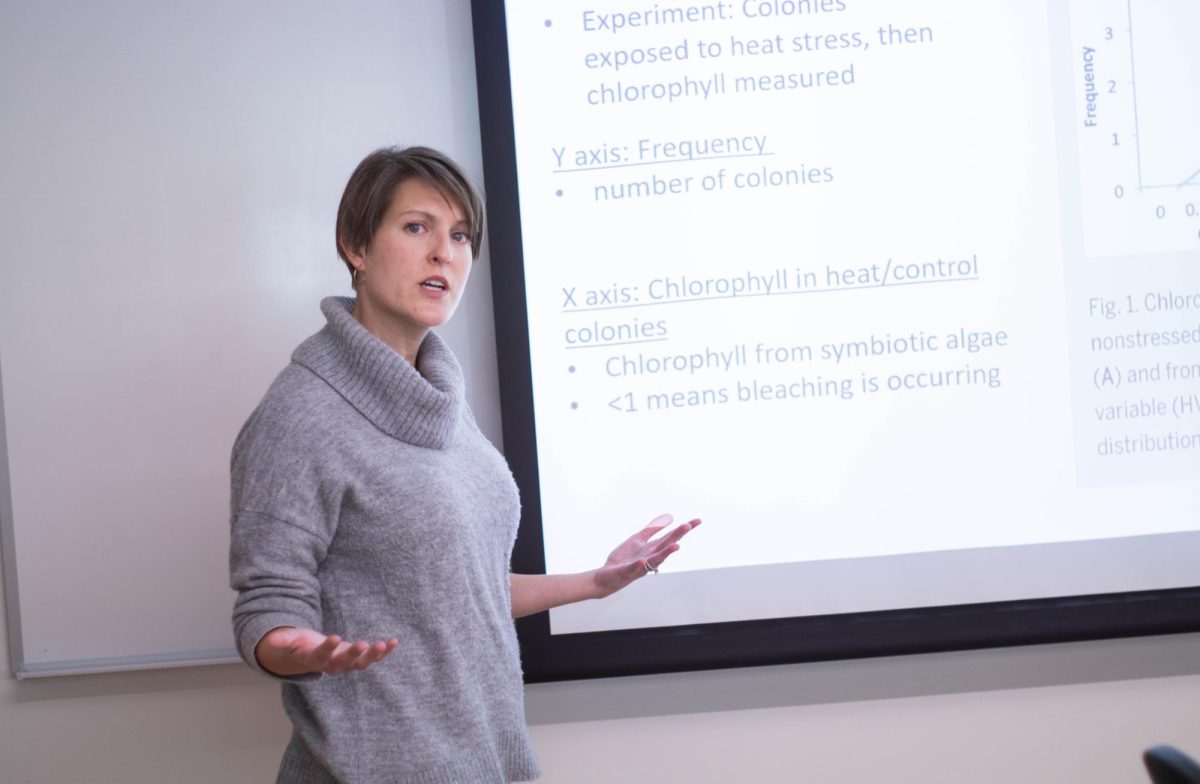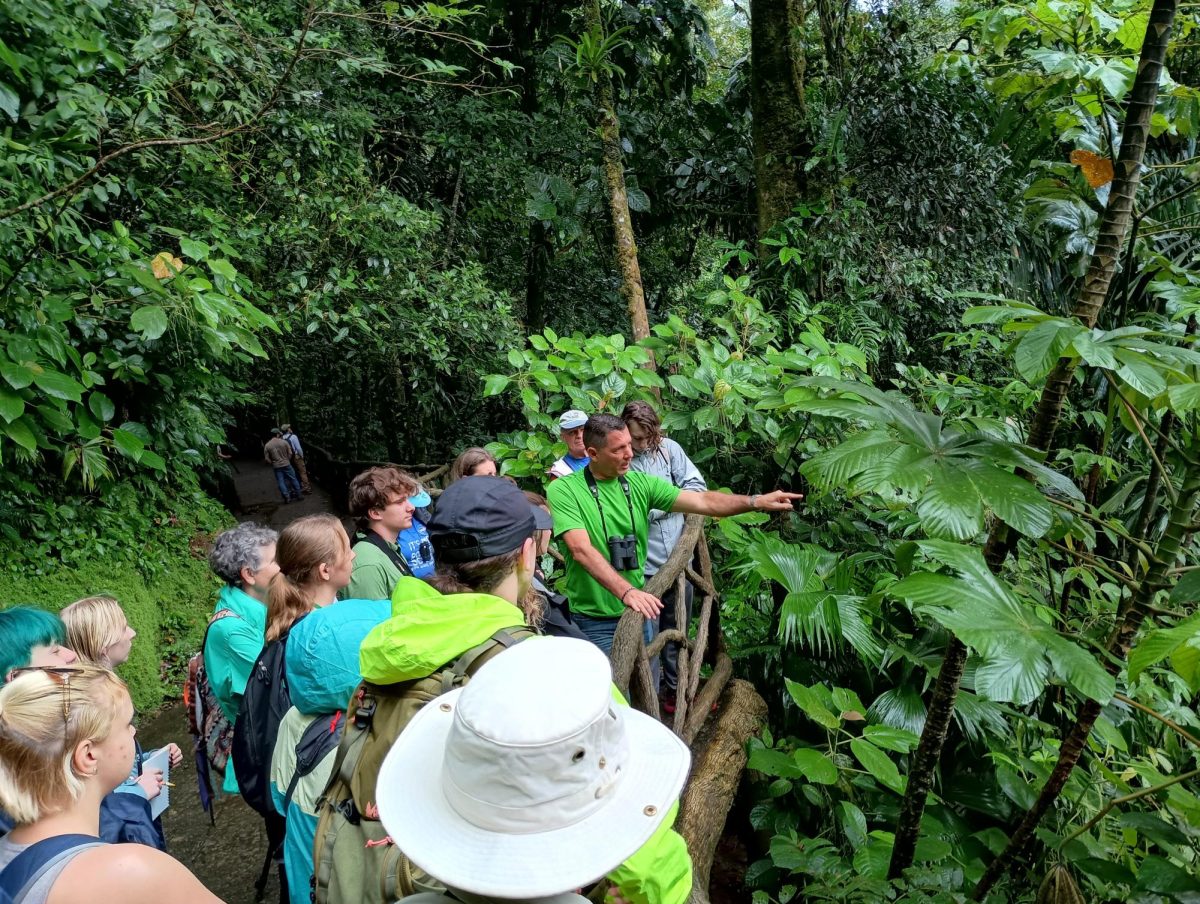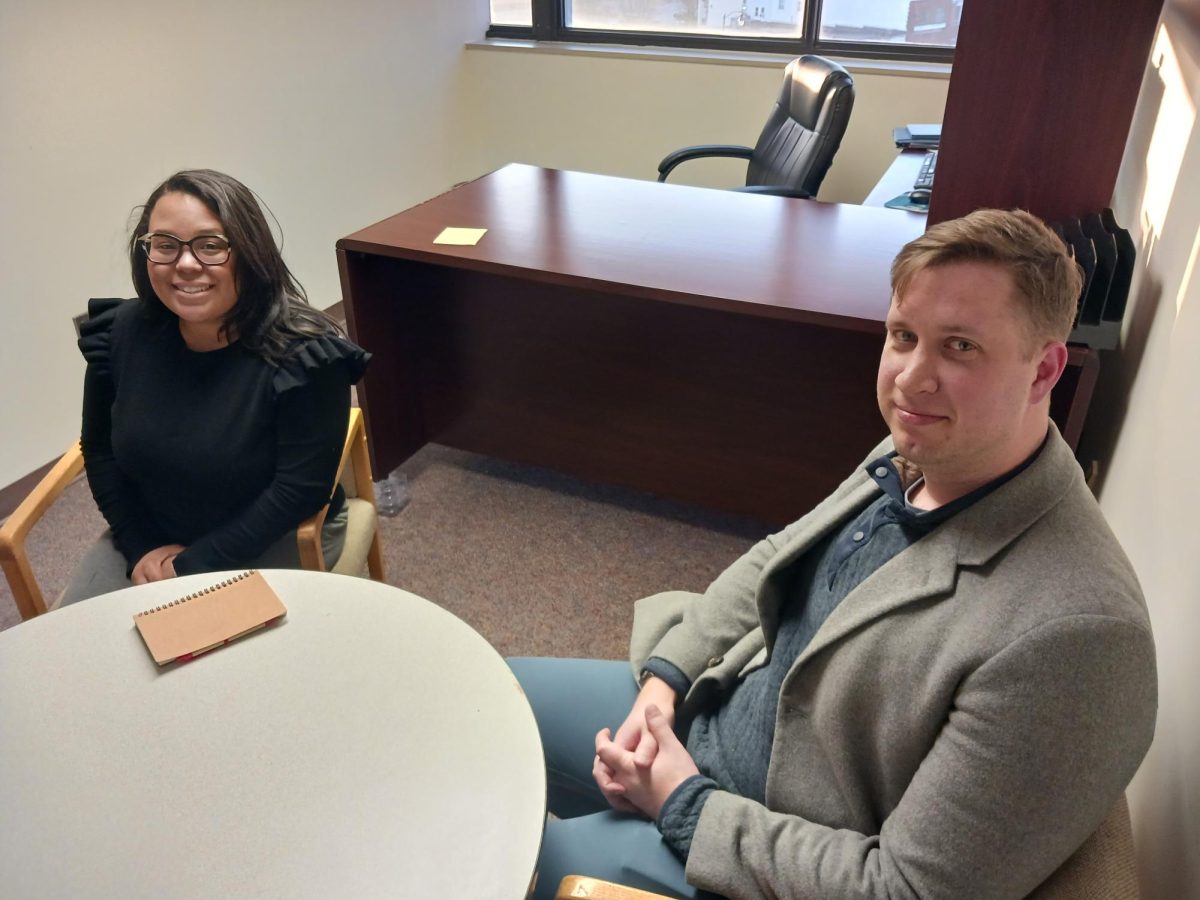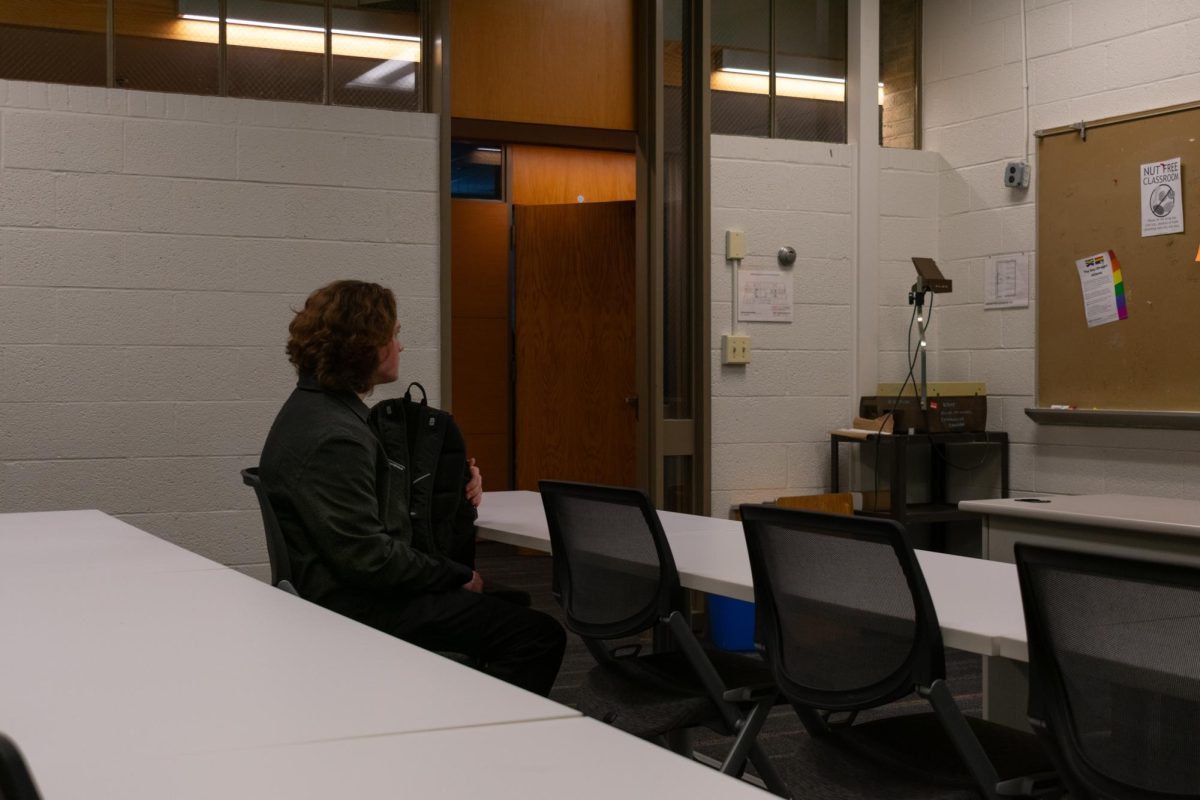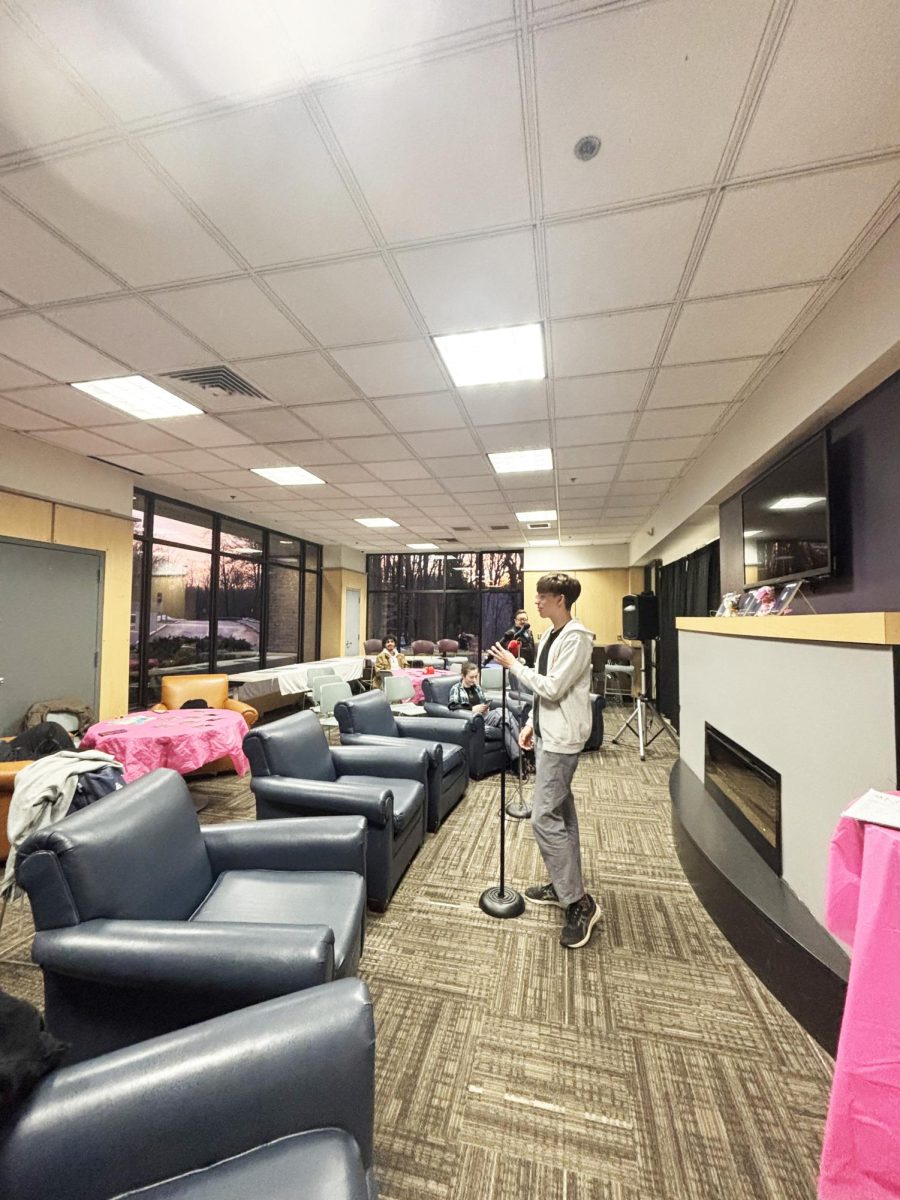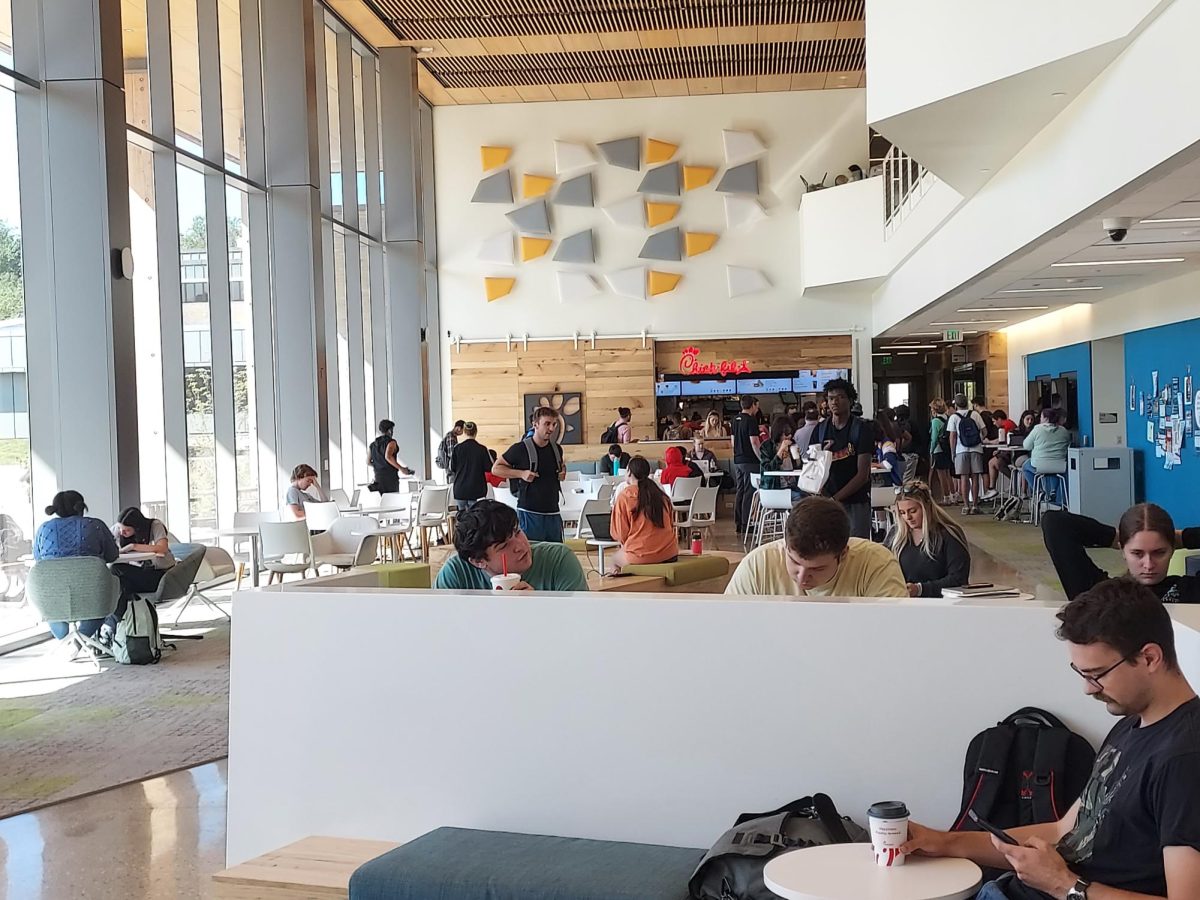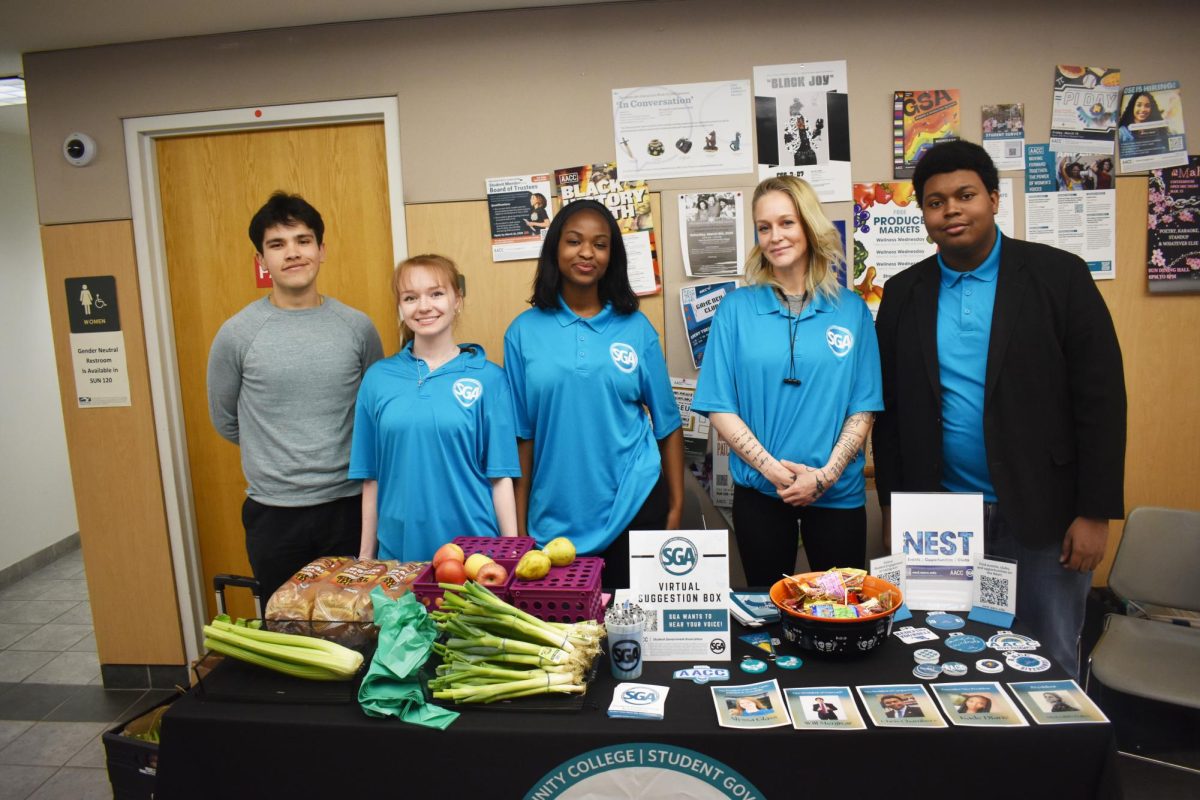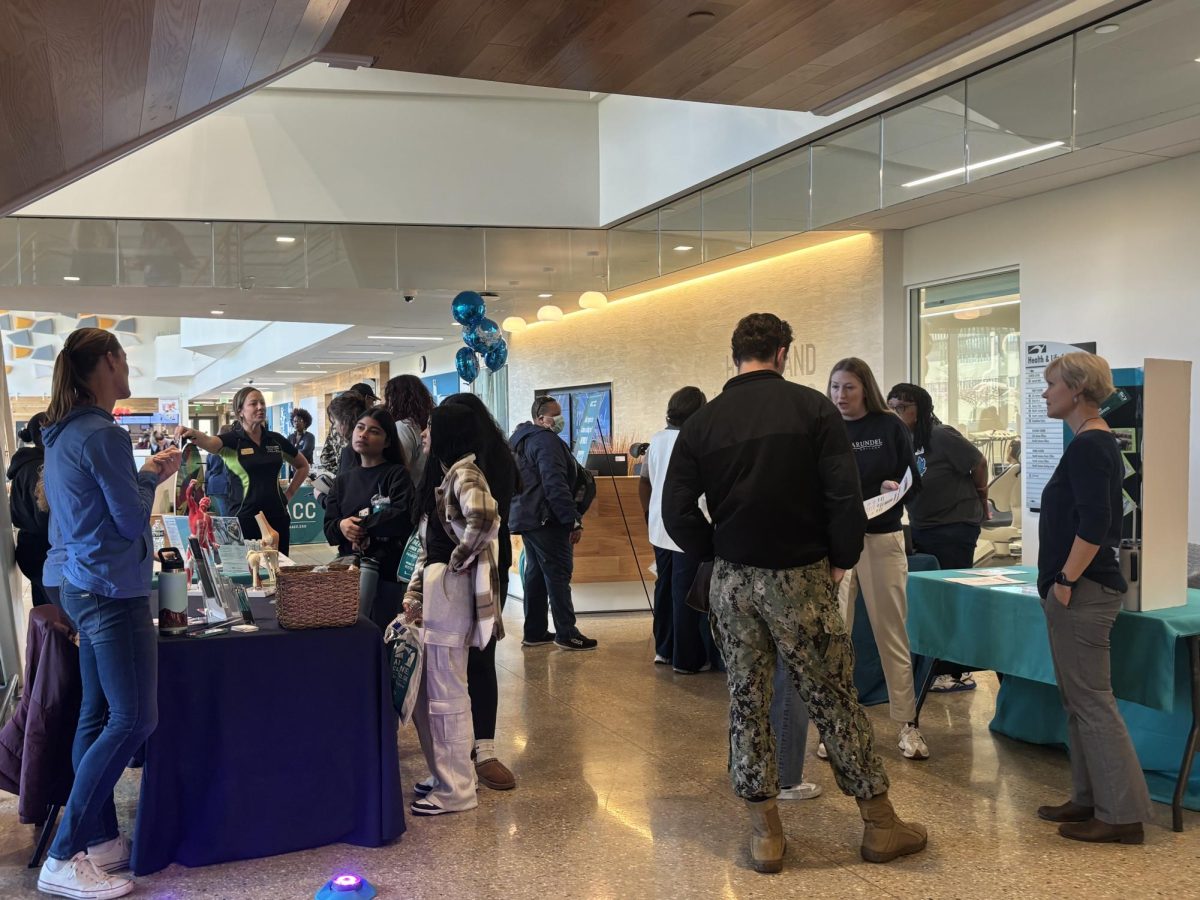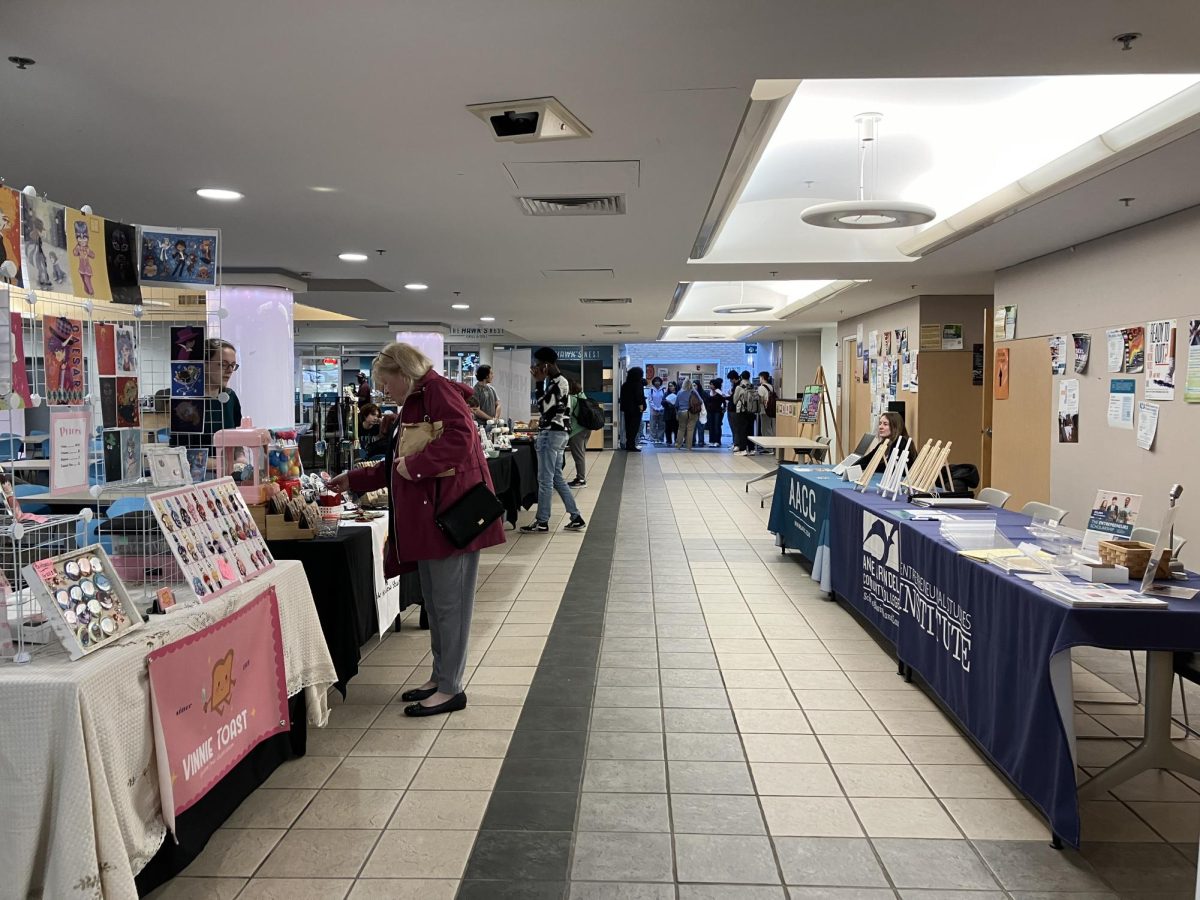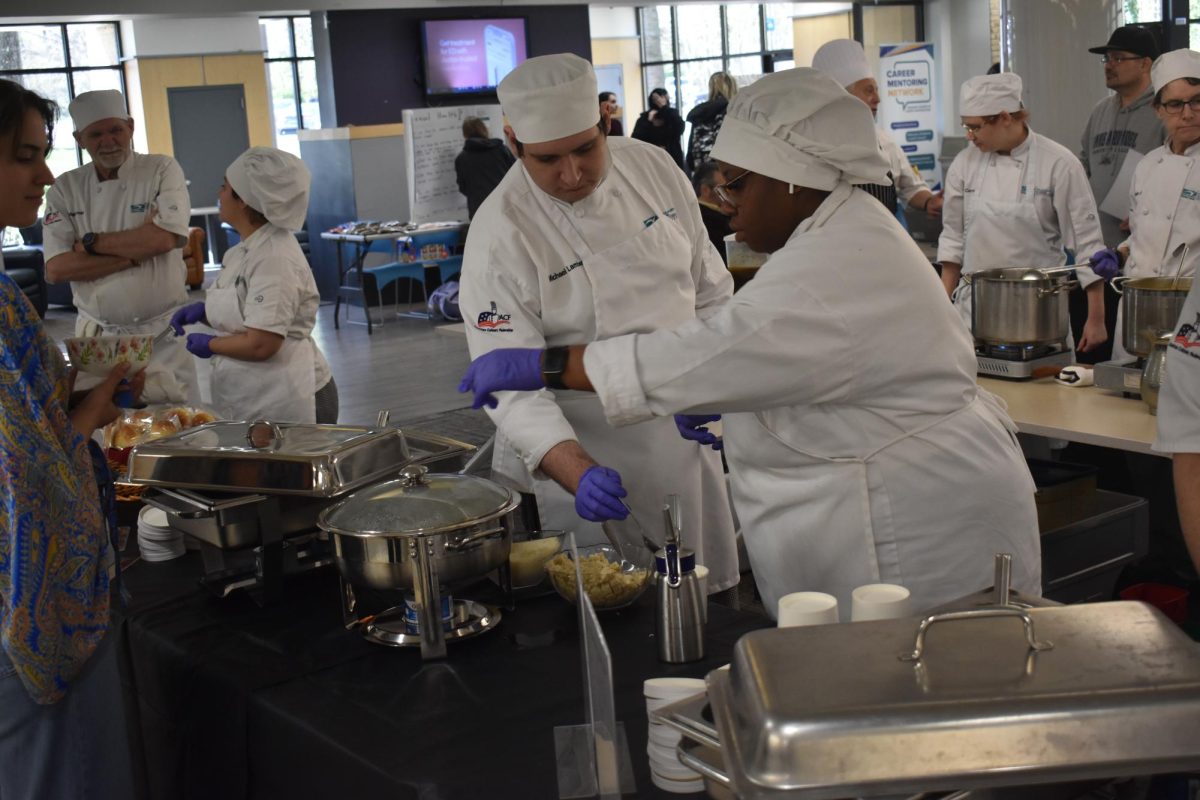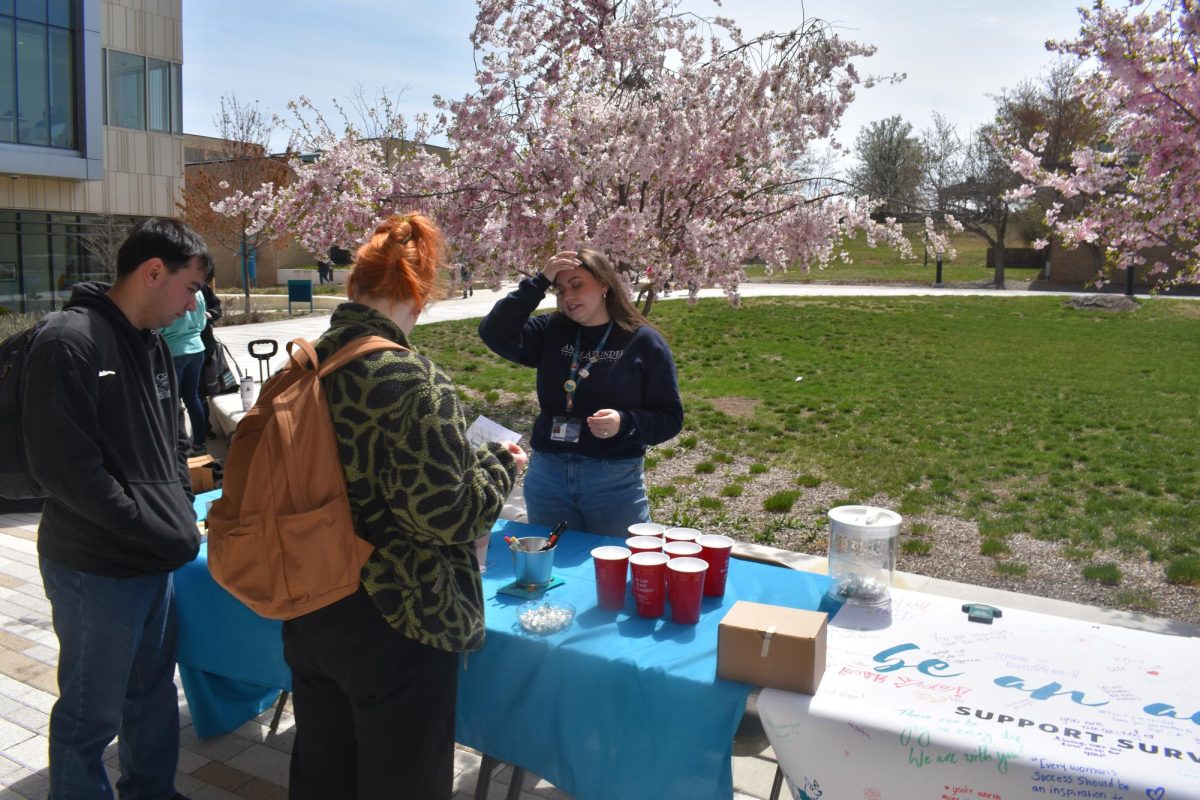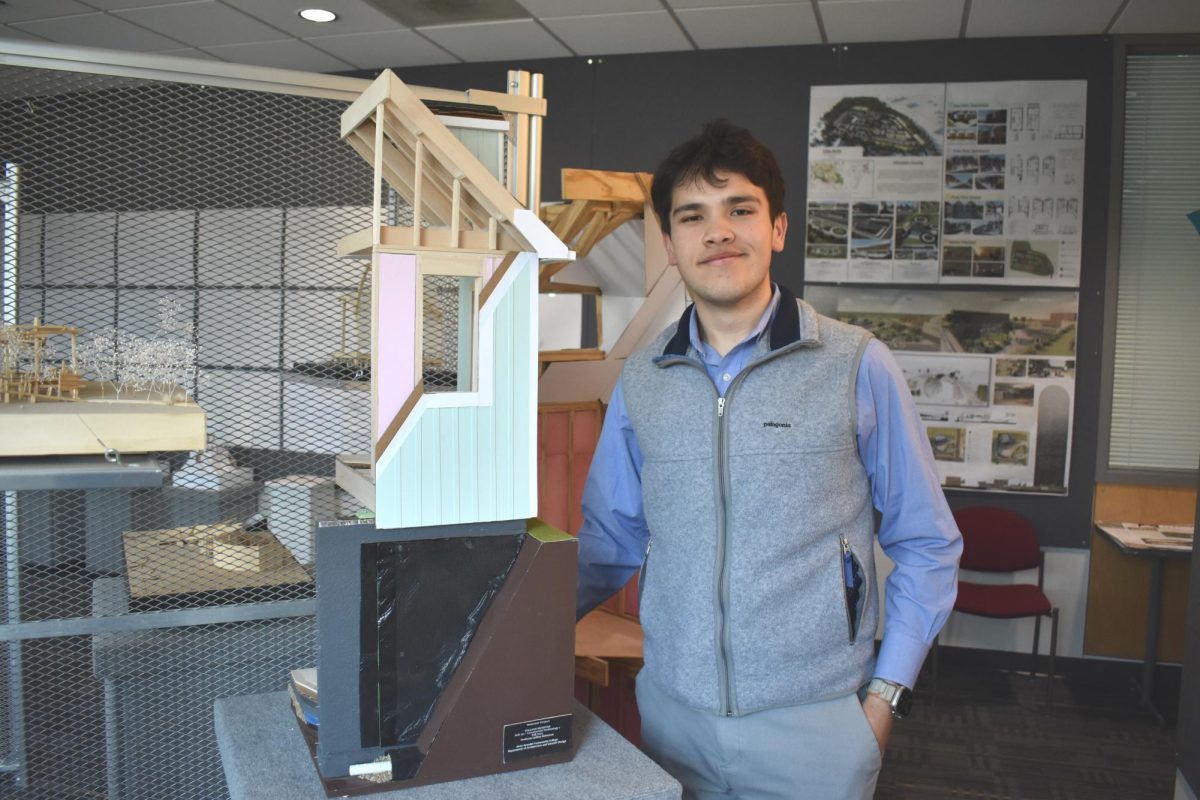The college introduced the first class in a series of three scientific research courses this semester and will offer the second in the spring.
Eight students took the first course, the one-credit Science 101: Introduction to Research taught by biology professor Julie Takacs, to learn the fundamentals of research this semester.
“I’ve been doing research with students probably for close to the last 10 years,” biology professor Tammy Domanski, said. “This is just, really, the first time … that it’s moved into, like, an official curriculum. We needed something more formalized … not just for the skills and techniques, but the sense of community.”
Domanski will teach the second course, SCI-201: Research Experience, a two-credit class, in the spring. In that class, students will conduct a research project from start to finish. The third class, SCI-202: Research Communication, will focus on the publication of research when the college offers the one-credit course in fall 2024.
SCI 101 is a prerequisite to SCI 201, but Domanski said she will waive it for students this spring.
“We definitely are giving waivers to students that [didn’t] take [SCI 101 in the fall] because we really want students to be able to jump in and do research,” Domanski said.
Biology professor and course coordinator Seth Miller said the college started the classes to meet student demand.
“We went through a process of creating these new courses because students are interested in research,” Miller said. “There are some external research opportunities outside of a class but we wanted to have something where students could take a class specifically dedicated to research.”
Miller added: “There will be several different research projects available and the students will kind of talk about their interests a little bit and then be matched to a research project and conduct research for a whole semester, which is really, really exciting.”
Loki Murphy, a second-year environmental sciences student who plans to take the full series of courses, recommended the courses for students who are “going to be doing anything relating to research.”
“Research is really fun,” Murphy said. “It’s the most exciting part of an educational journey. … Having the opportunity to start working on research projects before I’m, like, in my fourth year is phenomenal.”
Santiago Zapata, a second-year pre-medical student who took SCI-101 this semester, agreed the course series is an opportunity for anyone who wants to get into research.
“The biggest problem with research is you can’t really get into research opportunities without experience,” Zapata said. “So by taking this class it creates, like, a pipeline where you get to learn about research. … So when research opportunities open up … at a different university, you’re able to then be like, ‘Hey, I’ve done research’ and you can, you know, get a win out of that. … It looks really good on resumes.”



